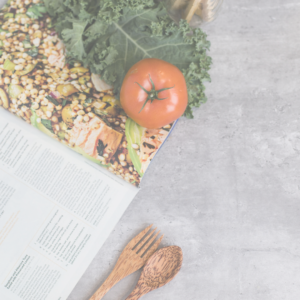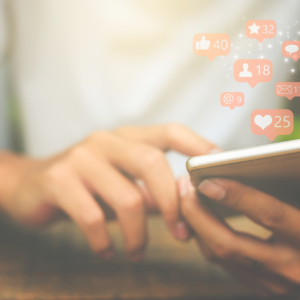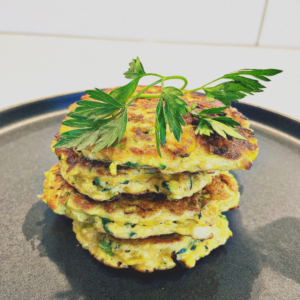The impact this seemingly innocuous feature has on our well-being and daily productivity is profound.

In the digital era, social media platforms have become an integral part of our lives. One prominent feature on these platforms is the “likes” system, where users can express approval or appreciation for posts. While seemingly harmless, the incessant urge to check “likes” has significant implications on our mental health and productivity.
WE SEEK VALIDATION IN DIGITAL HEARTS AND THUMBS
The quest for validation is an intrinsic part of human nature and social media platforms offer a quick fix to satisfy this desire. In fact, feeding it is a crucial part of their business model.
Each time we post something, we subconsciously look for affirmation through the number of likes our content receives. This can tie our self-worth to a mere number on a screen.
Constantly checking for a “like” or response to a post can lead to feelings of anxiety and inadequacy, particularly if we don’t receive the expected engagement. This constant need for approval also hampers our ability to be our authentic selves and form genuine connections.
MENTAL HEALTH IMPLICATIONS
Anxiety and depression: The cycle of anticipation and disappointment caused by chasing validation through likes can provoke symptoms of anxiety and depression. Not getting enough likes can also trigger feelings of inadequacy, further impacting our mental health.
Comparison and envy: social media breeds a culture of comparison, where we measure our success against others based on likes and followers. This constant comparison can fuel envy and damage our mental well-being.
Validation addiction: checking “likes” becomes addictive, leading to a dopamine-driven cycle of seeking external validation. Dopamine is a feel-good hormone in your brain. It’s triggered by reward and the more it receives rewards (like a “like”), the more it wants.
PRODUCTIVITY DRAIN
Time suck: mindlessly scrolling through posts to gauge likes can consume significant chunks of our day, leaving little room for productive activities or meaningful interactions in the real world. Even if we don’t scroll for the likes themselves, just checking in to see if someone has seen your contribution opens you up to falling down a rabbit-warren of reels and unfulfilling posts that easily consume an hour.
Procrastination and distraction: the pressure to create content that garners likes can lead to perfectionism and procrastination. As a result, essential tasks take a backseat, affecting our productivity and personal growth.
Creativity block: the fear of not receiving enough likes may stifle creativity. If we constantly mould our content to fit popular trends, we lose touch with our unique ideas and artistic expression. We lose touch of who we are.
FIND A HEALTHIER BALANCE
Use social media mindfully: set aside specific time slots for social media and avoid mindless scrolling. Engage with content that adds value and disconnect when it starts to affect your mood negatively.
Focus on real-life connections: prioritise face-to-face interactions with friends and family. Genuine connections and support in the real world have a far more positive impact on mental health than virtual validation.
Pursue intrinsic goals: shift your focus from external validation to intrinsic goals. Cultivate hobbies, learn new skills and engage in activities that bring you joy and fulfilment beyond the digital realm.
The “likes” culture has undoubtedly shaped the way we interact online and how we perceive ourselves. While seeking validation is not inherently wrong, relying on social media likes as a measure of worth can significantly impact our mental health and productivity.
In a world where most of us feel so time-poor and burnt out, breaking free from the “likes” trap and finding a healthier balance between our digital lives and well-being is crucial.








